
Eating for muscle growth is an essential part of any bodybuilding or fitness routine. If you are looking to build lean muscle mass, proper nutrition is critical. Eating the suitable types of food at the correct times can tremendously impact your ability to build muscle while staying healthy and fit.
For eating for muscle growth, there are several essential steps that you should take to maximize results from your workouts and reach your desired body composition:
1.Consuming enough protein and other macronutrients is crucial to fuel and repair.
2.The timing of meals is critical; frequently eating throughout the day helps support anabolism and provides energy for exercise.
3.Consuming quality calories through balanced meals will ensure optimal performance during every workout session.
Step 1: Eat Protein
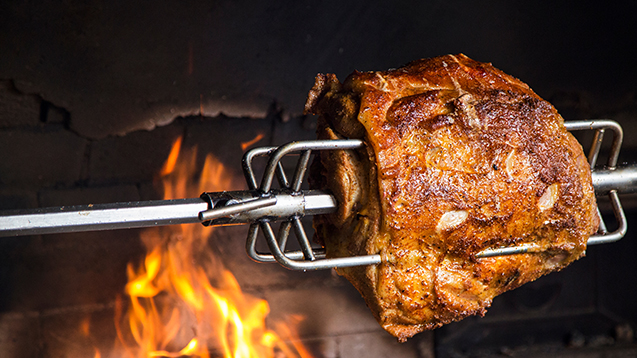
Eating protein is the first and most crucial step in muscle growth. Protein is essential for building, repairing, and maintaining muscle tissue. Research has shown that consuming adequate quality proteins can help increase lean muscle mass, strength, endurance, and overall health.
The Dietary Guidelines for Americans recommends consuming at least 0.8 grams of protein for every kilogram (2.2 pounds) you weigh daily. This guide means that if you weigh 150 pounds, you should aim to consume around 60 grams of protein daily. High-quality protein sources include eggs, chicken breasts, fish fillets, lean beef cuts, and plant-based sources such as beans, nuts, and seeds. Eating various foods will ensure your body gets all the essential amino acids needed to fuel healthy muscle growth and maintenance.
Step 2: Refuel with Carbs
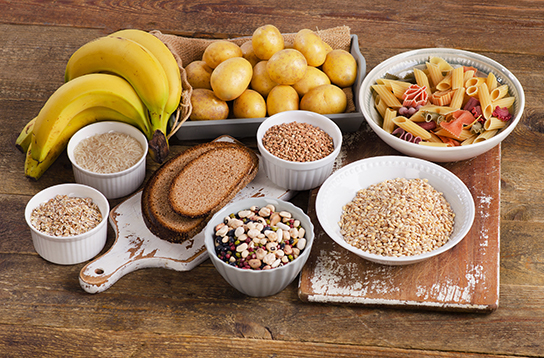
Bodybuilding and muscle growth require careful nutrition to be successful. The need to refuel the body with carbohydrates after a workout is crucial. Carbohydrates are essential for muscle growth because they help increase muscle glycogen stores and promote recovery. Eating carbs post-workout also helps fuel the next activity, ensuring that you can give your best effort each time you hit the gym.
Many excellent sources of carbohydrates are available to refuel after a workout, such as oatmeal, brown rice, sweet potatoes, quinoa, and whole-grain bread or pasta. These provide slow-digesting carbs that release energy over time instead of giving an initial rush followed by a crash like sugary snacks. Additionally, some people may benefit from consuming liquid carb drinks, which can quickly provide more easily digested carbs following exercise.
Step 3: Eat Healthy Fats
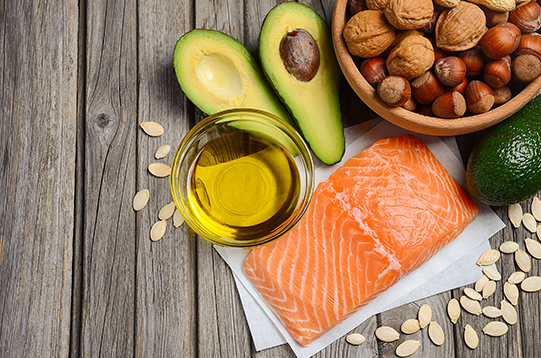
Getting big muscles requires a lot of work, but it doesn't have to be complicated. One of the most critical steps in eating for muscle growth is including healthy fats in your diet. Healthy fats provide essential nutrients and vital building blocks for muscle development and can help with weight loss.
Healthy fats are available in nuts, seeds, avocados, coconut oil, and olive oil. They should be part of every meal throughout the day. A good rule of thumb is to use about one tablespoon per meal or snack to get the amount you need for optimal results. Eating healthy fats helps support tissue growth which aids in speeding up the muscle-building process. It also provides energy so you can work out harder and longer without feeling fatigued during your workouts.
Step 4: Consider Supplements
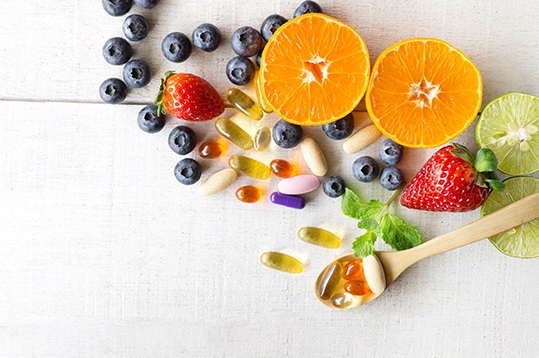
In the fourth step of successfully eating for muscle growth, it is essential to consider dietary supplements to help you reach your goals. Supplements are not necessary when building muscles, but they can provide an extra boost in achieving fitness goals. When considering supplements, it is best to research the type and brand that fits one's needs.
Different supplements include protein powder, creatine, essential fatty, and amino acids. Each supplement has its benefits and should be taken with caution as there may be potential side effects when taking more than what experts recommend. It is also essential to speak with a doctor or nutritionist before adding any supplement to one's diet, as each person has different needs and requirements for their body type. With their guidance, individuals can decide which supplements will best help them reach their goals.
Step 5: Drink Plenty of Water
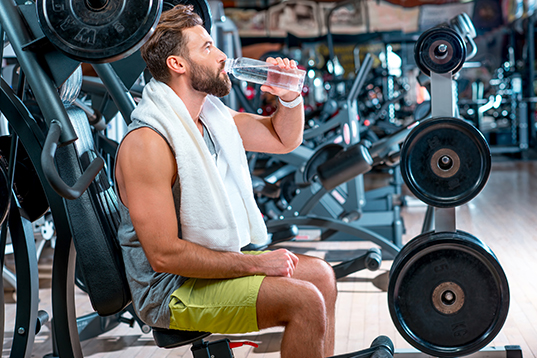
Eating for muscle growth is about taking in enough fluids so your body can perform at its best. Staying hydrated is an essential part of any healthy diet, especially when you want to build muscle. You must drink plenty of water throughout the day to ensure your body has the resources to grow and repair damaged muscle fibers.
Water helps transport nutrients through your body, enabling them to reach their desired destinations where they can do their job. It also allows for efficient waste removal, which can help reduce inflammation caused by the lactic acid build-up after a workout - reducing soreness and allowing you to hit the gym again sooner! Keeping yourself adequately hydrated will also improve digestion and absorption of crucial nutrients needed for building lean muscle mass.
Step 6: Monitor Your Calories
This step encourages all exercisers to take an active role in their nutritional plan and understand how much energy they consume with each meal. Regarding muscle growth, monitoring your calories is a vital part of the journey. Without tracking your caloric intake, hitting your fitness goals can be challenging.
Keeping track of calorie intake requires more than simply counting the number of meals you eat daily. First, you must know what types of food you eat and their nutrient values. Furthermore, exercising regularly and adjusting portions will help ensure that the desired amount of calories are consumed each day so that you don't unintentionally undermine your progress by taking in more or less than necessary calories.
Conclusion: Optimize Muscle Gains
The article's conclusion discusses the necessary steps for eating for muscle growth: optimizing your muscle gains is crucial to achieving success in any physical fitness routine. Eating to build and maintain lean muscle mass requires understanding macronutrients and how they contribute to body composition and performance. In addition, proper nutrition, adequate rest, and quality workouts are essential for achieving optimal results.
Incorporating protein-dense foods such as eggs, fish, chicken, legumes, nuts, dairy products, and whey protein powder into your daily diet will provide the fundamental building blocks needed to improve lean muscle mass and strength. Additionally, consuming carbohydrates during workout sessions helps promote glycogen stores, aiding recovery and serving as a fuel source during exercise.




